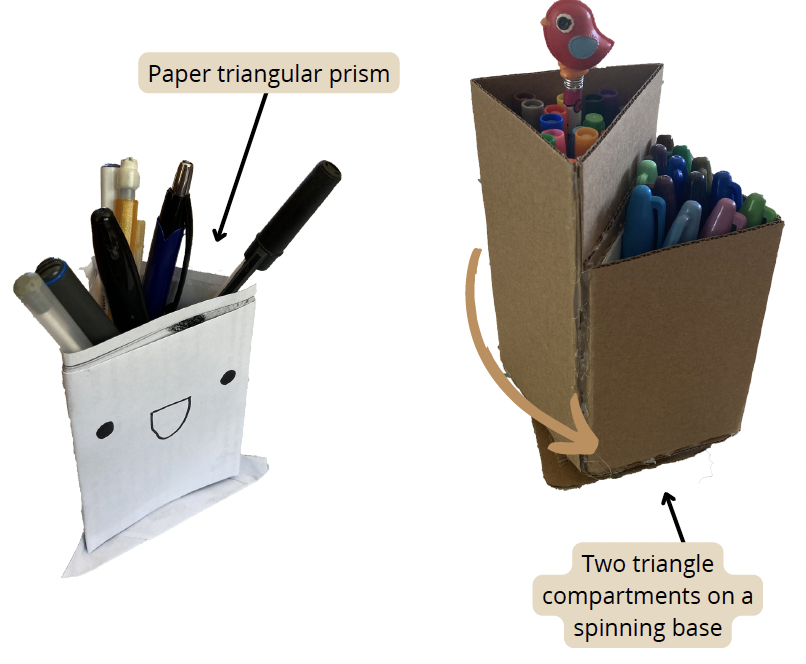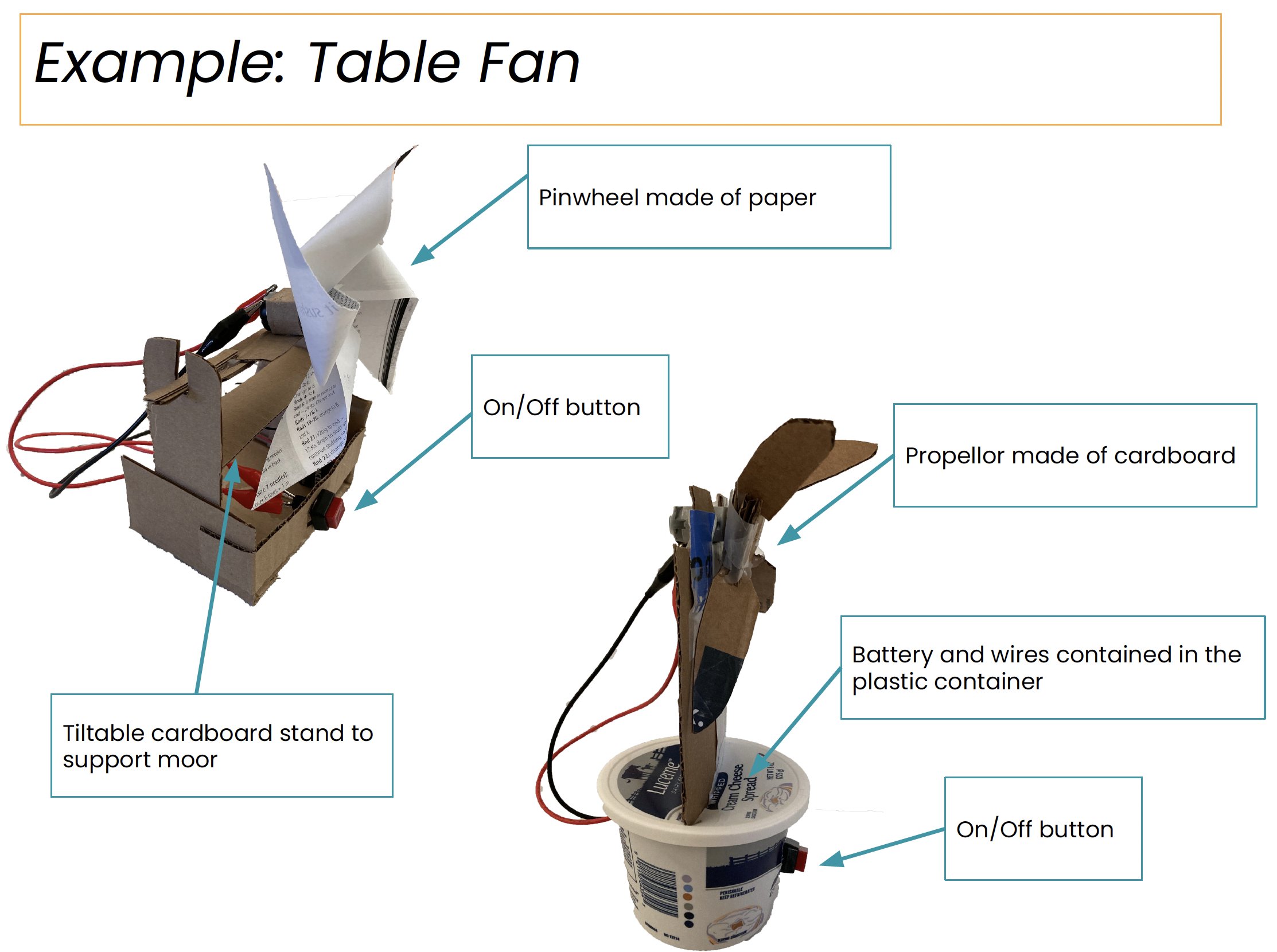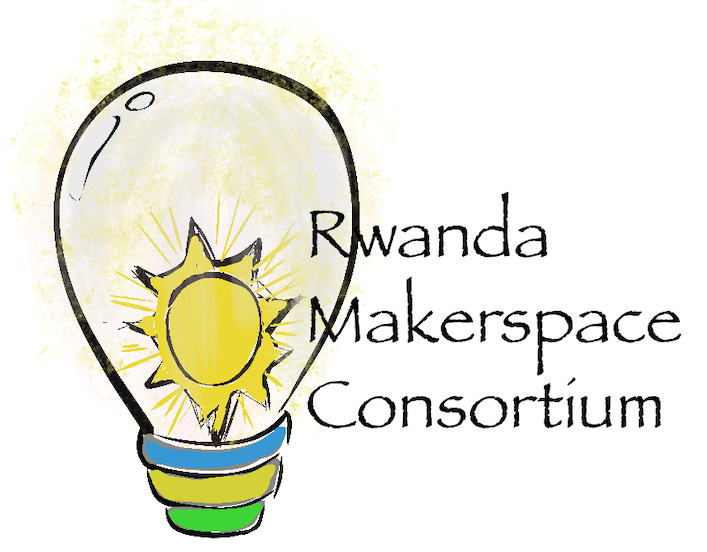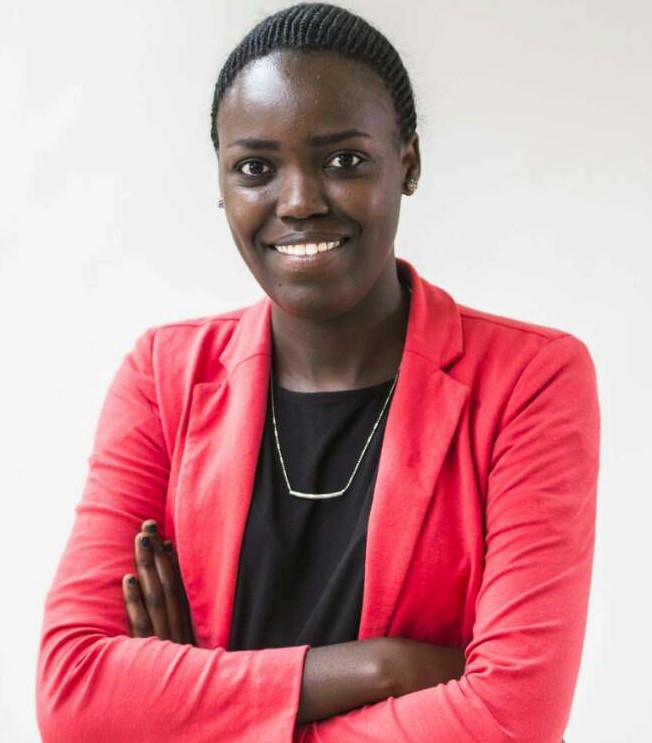A collaboration with

The Maranyundo Initiative has supported the Maranyundo Girls School (MGS) since its founding in 2008, and for the last 10 years has collaborated with the Tufts Department of Education and the Tufts Center for Engineering Education Outreach (CEEO) as a content partner on teacher professional development, including establishing a Makerspace at MGS in 2019.
The Rwanda Ministry of ICT and Innovation encouraged the Maranyundo Initiative to extend the MGS Makerspace experience to other schools through a local pilot, with an eye toward national rollout. Building on the successful partnership and through the LEGO Foundation PEBL grant, the CEEO is partnering with the Maranyundo Initiative to roll out the Rwanda Makerspace Consortium pilot in Bugesera to operationalize Rwanda’s vision. The Consortium operates as part of the Maranyundo Learning Hub which oversees MGS outreach programs, and will extend Makerspace experiences to 20 additional public and private schools, creating a learning community of 400 Makerspace-trained teachers, thereby bringing open-ended creative student projects to the classroom. Rwanda’s vision is to “create innovation across all education sectors…and to add maker spaces…to promote tinkering that will enable students to develop their own individual ideas into reality.”
The Maranyundo Initiative mission is to support access to academic excellence for girls in Rwanda. MI supports the Maranyundo Girls School (MGS), one of Rwanda’s top STEM schools for girls in grades 7-12, through scholarships for economically vulnerable students, faculty professional development, technology and materials, STEM resources and programming. The Maranyundo Initiative extends similar support and programming to students, educators and schools in Rwanda beyond MGS on a selected basis for broader impact.

Rwanda Makerspace Consortium YouTube Channel
Tufts students from Rwanda developed a series of YouTube videos for teachers and students learning to use Arduino. Videos have subtitles in Kinyarwanda.

Activity Placemats
These open-ended engineering challenges go with the Constructopedia as students can use the mechanisms in their designs.

Getting Started with Circuits
These student-facing activity placemats are designed to help students get started learning circuitry.
- In collaboration with the Benebikira congregation and the district of Bugesera, 21 schools were selected to start makerspaces (10 Benebikira schools, 10 Public schools in Bugesera district, and
1 primary school in Nyagatare District).
- Virtual Novel Engineering Pilot teacher training conducted in April 2022. Tufts CEEO staff and faculty led a week-long training for 10 teachers from 5 different schools.
- In October 2022, PEBL Fellow Djamila Khamisi spent three weeks at Tufts University co-designing Novel Engineering and Arduino teacher training with Tufts faculty and staff.
- In December 2022, 42 teachers from 21 schools participated in teacher training over two weekends at Maranyundo Girls School. Primary school teachers learned Novel Engineering while secondary school teachers learned Arduino.
- Teachers developed a community of practice through WhatsApp where they shared stories and photos.
- Makerpsace supplies were sourced and distributed to the 21 schools in January 2023
- Teachers established Makerspace clubs in each schools. Clubs met after school and on the weekends.
- On July 1st, 2023, Maranyundo Girls school hosted the competition and exhibition fair for the makerspace clubs from the 20 other schools. More than 300 people gathered for the competition and exhibition including: 2 teachers per school, 10-15 students per school, 2-5 administrators per school, 6 judges, and more than 10 guests. All schools who participated in the competion received makerspace books, Arduino kits, and multimeters. The winners received 3D printers and tablets.
Djamila Khamisi is an electrical engineer who has a passion for economics, renewable energy, and applying different technologies to improve the environment. Throughout her career, Djamila has worked for tech start-ups and multinational organizations and in academia, where she applied her expertise in data science and business. She is passionate about youth empowerment and believes that young people can bring positive change to their communities.
In 2012, Djamila was a Digital Opportunity Trust (DOT) Rwanda’s ReachUp! Facilitator and later served on the Youth Leadership Advisory Board. She is the winner of Africa Grande Challenge 2018, and a member of the Toastmasters Techy Talkers club, World Youth Forum, and Women in Engineering CMU. Djamila graduated from Carnegie Mellon University with a Master of Science in Electrical and Computer Engineering, class of 2018.







